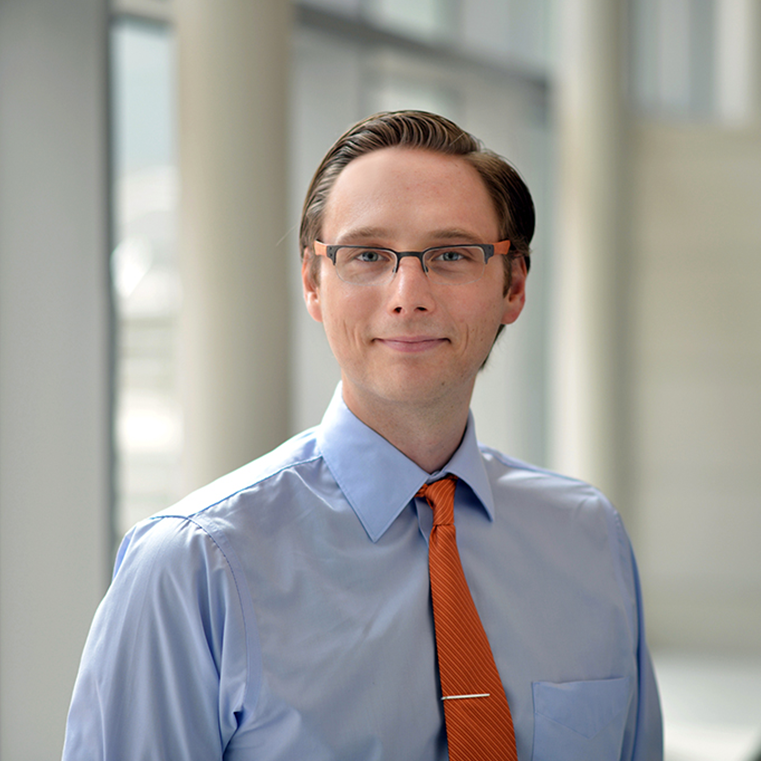Caring for What’s Right
Caring for What’s Right

What happens when a patient or their family disagrees with a healthcare team on the best course of action? If you’re at the Houston Methodist Hospital in Texas, there’s a chance Trevor Bibler will get involved.
Bibler, a 2006 UNI alumni, serves as the Biomedical Ethics Program Director at the hospital and is a clinical ethicist, helping to analyze ethical issues that arise in the healthcare field and providing recommendations to resolve conflicts.
His role as an ethicist is seemingly the perfect combination of his interests. Before deciding on a major at UNI, he took classes in art history and then biology, considering a career in the field of medicine. But then he took some classes in the Department of Philosophy & World Religions and realized he wanted to change course. He graduated with a major in philosophy and a minor in religious studies.
From UNI, Bibler went to Vanderbilt Divinity School and earned his Master of Theological Studies in 2009, studying biblical history and how suffering is depicted in the ancient texts. Then he earned his PhD in religious studies from Vanderbilt University in 2014, followed by a postdoctoral fellowship in clinical bioethics at BCM and Houston Methodist Hospital.
Now as a clinical ethicist, Bibler’s duties include discovering and analyzing ethical issues, making recommendations to remediate issues and guide policies and hopefully finding the best path forward for each dilemma. Complications emerge when a patient’s family disagrees with the treatment that a healthcare team feels is best, or when questions arise about who should serve as a surrogate decision maker for a patient. End of life care decisions, privacy concerns when a patient is incapacitated, and distribution of limited resources during the pandemic are all issues with which Bibler has dealt. State laws can also come into play.
“I’m able to take theories I read about and apply them directly to patients,” Bibler said. “Good medical care doesn’t look the same for everyone. I have the opportunity to ask questions and analyze ethical issues that end up helping resolve a concern.”
Bibler says most of his cases fall into two categories: one where clear communication can solve the issue and the other where there’s a fundamental disagreement on a course of action. It’s a balancing act, sometimes weighing families' religious views and what they believe God wants with what doctors consider harmful interventions.
The vast majority of ethics cases are brought to Bibler’s attention by the healthcare team, possibly because many patients and families aren’t aware that clinical ethicists exist. Every institution that is accredited to accept federal funding needs to have a mechanism to address ethical issues, such as an ethicist, a committee or a review board. Clinical ethicists are often physicians or chaplains who volunteer for the role.
Bibler also works as an assistant professor at the Center for Medical Ethics and Health Policy at Baylor College of Medicine (BCM), where he teaches and works on research projects, including his current investigation on how different worldviews — often that include ideas about miracles — influence clinical medicine.
As he works as an educator, Bibler fondly remembers his classes with UNI Professor Edgar Boedeker. “We spent a great deal of time analyzing concepts and seeing how arguments function, which is a big part of my job now,” Bibler explained. “My time at UNI became the catalyst for a career where I try to help patients, families, and professionals discover how their values, intentions, and preferences can lead to good and fair medical care.”




